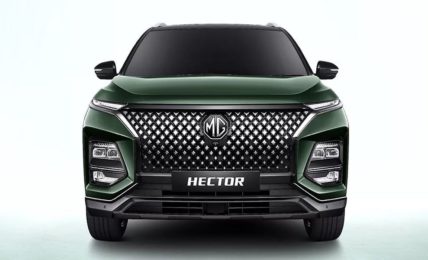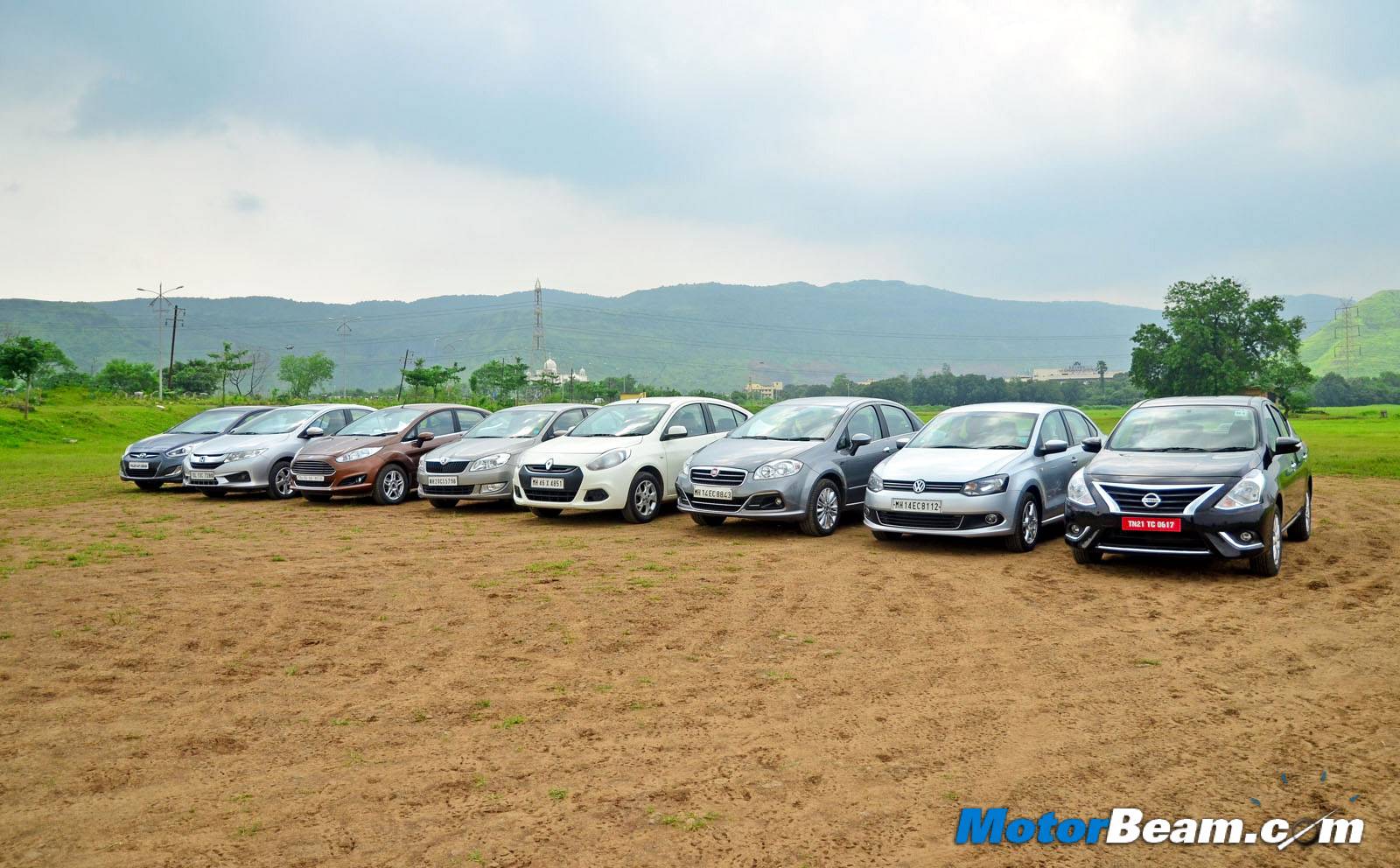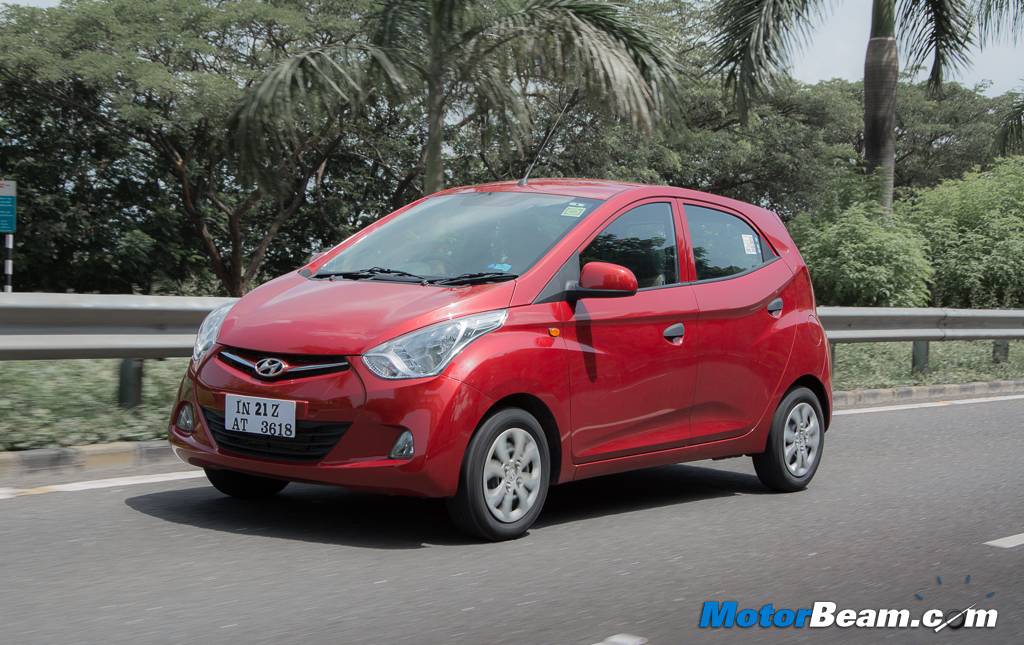SIAM stated that Maruti and Nissan cars made for India qualify the safety norms set by the Indian government and should not be compared with global standards, considering India has different roads with a much slower average speed.
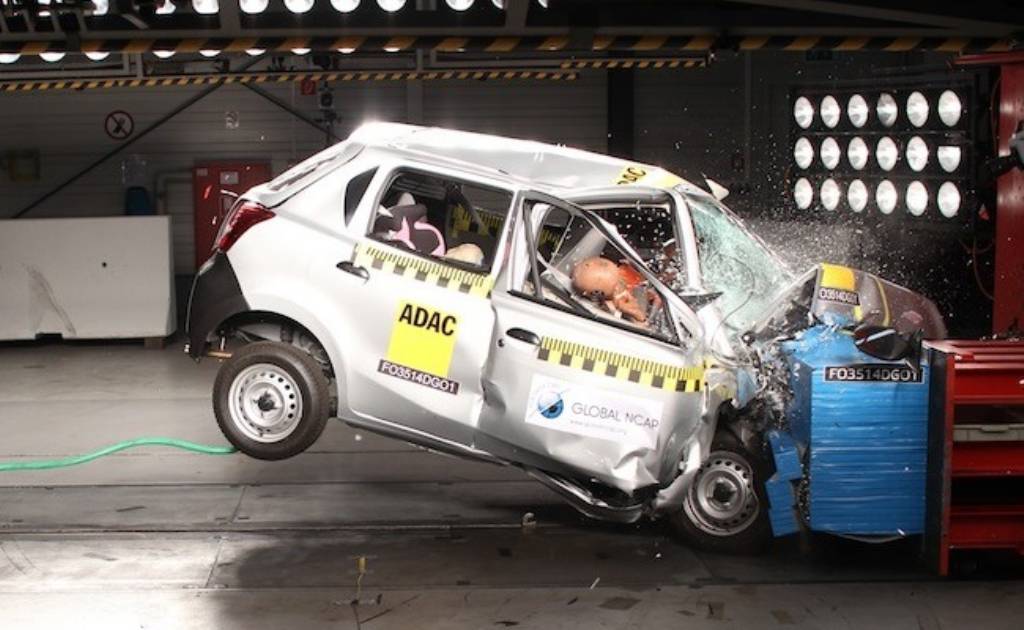
Defending Maruti and Nissan over the Global NCAP crash test debacle, Society of Indian Automobile Manufacturers (SIAM) Director General Mr. Vishal Mathur stated that “Every country has its own safety requirements. Our cars are meeting safety norms set by the government.” In addition, he stated that the protocol followed by Global NCAP was not designed for India and tests must be conducted based on the conditions in the country. While cars made for India or made in India qualify as per the current safety norms, the results of the Global NCAP crash tests do raise a question on the very acceptability of those safety norms in today’s times.
Mr. Mathur also added that the average speed in India is far slower compared to developed countries and saying that a particular car hasn’t met the Global NCAP test is nothing but scaremongering. He even said that in a developed market like Europe, crash test is done at a speed of 56 km/hr and not at 64 km/hr as done by Global NCAP. Ironically, while the government increased the average speed limit on most highways earlier this year, there was no change in the car safety policies. With India having one of the most unsafe roads in the world, it goes beyond understanding as to how the Indian safety norms are not in line with the ones followed by developed countries. Most of our drivers go well beyond the prescribed speed limit, in case Mr. Mathur hasn’t already noticed or probably he is living under a rock.
The Global NCAP crash test tries to recreate closely a simulated crash environment in order to see how a certain vehicle would perform in terms of occupant safety in a real life situation. Internationally, manufacturers take the NCAP very seriously and make sure to crash test cars that acts as an added attribute when being sold in developed markets. However, SIAM seems to think otherwise. Defending the Indian companies further, Mr. Mathur stated that none of the companies have duped their customers by falsely claiming a 5 star rating.
The SIAM boss stated that Global NCAP should be spreading awareness on safety and encourage customers to opt for cars with all the safety features, even if they come at a higher cost. However, the fact is that cars made for India receive lower grade materials as compared to Europe, despite both the models being exactly the same. The Indian Swift in this case failed miserably, while the made in Hungary model scored a full 5 stars. The Datsun GO on the other hand does not even come close to the idea of safety with the body shell itself so weak that even the addition of airbags won’t help the car’s safety rating, as stated in the Global NCAP report.
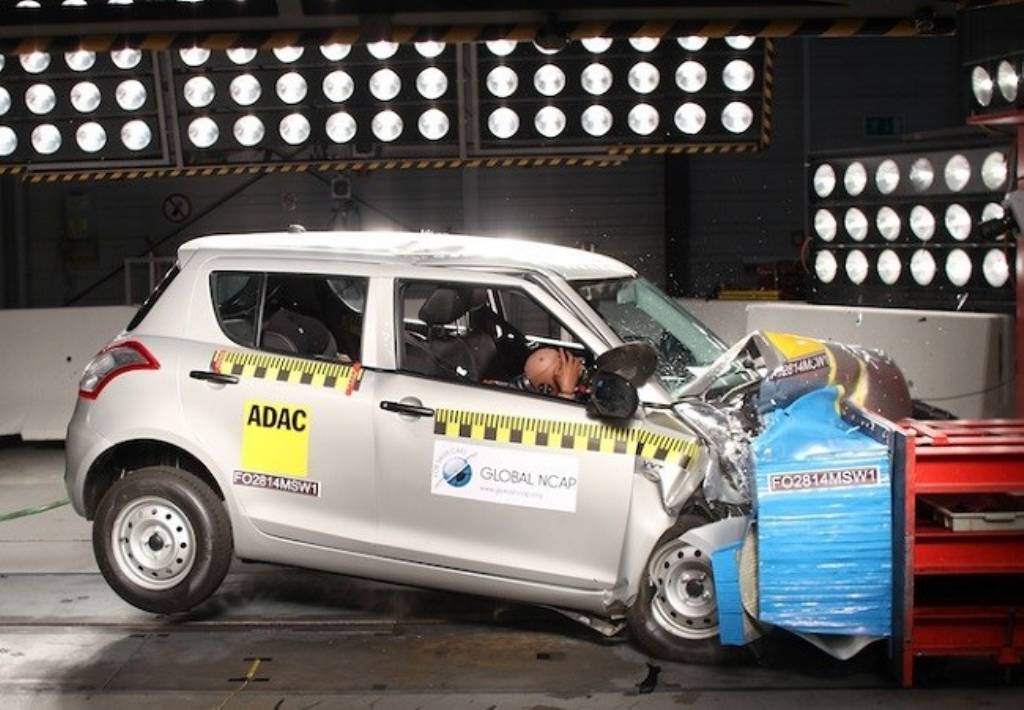
Source – Financial Express


